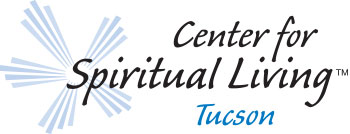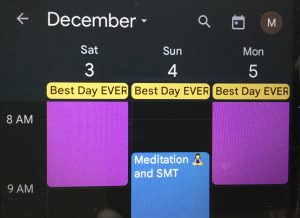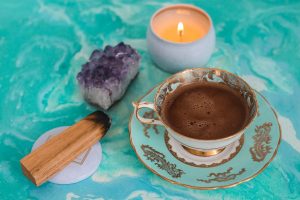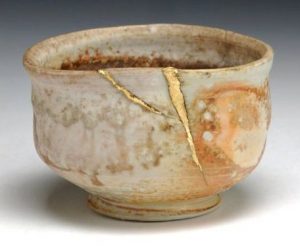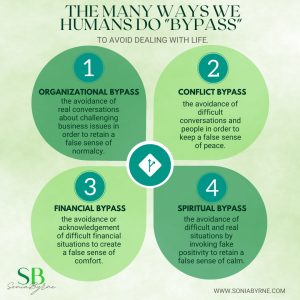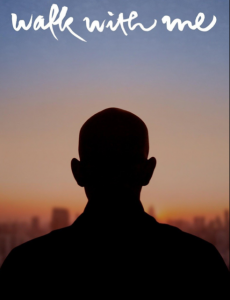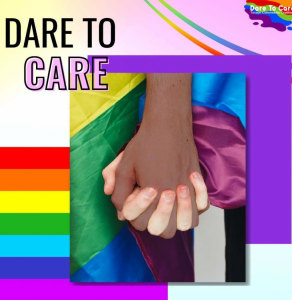CHANGE
Change like Time continues because it must. The Multiverse exists because, among other 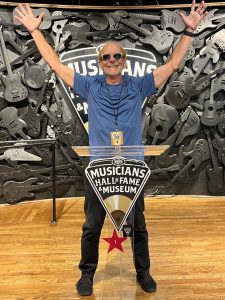 things, Energy is inherently not static.
things, Energy is inherently not static.
My belief, since we are conscious manifestations of this Energy sometimes called God, is that we are always at choice:
We can be carried along and mindlessly accept the consequences of the operations of the universe.
We can follow the various states of emotion that have been pre-programmed into our subconscious and act or react from a place of an old story that has made its way into our current state of consciousness.
OR we can use our innate abilities of choice to influence our experience.
Change however it initially presents itself is inherently open for interpretation.
Whenever possible I try to move into the vantage point of excitement and opportunity. My desire to experience the universe with Positivity and Joy appeals to me and is conducive to the life experience I am wanting to have. Sometimes when a situation is presenting in a particularly troubling way, making a statement to myself such as “It is all for my good” or going directly to “Thank you” avoids the possibility of a period of unhappiness.
Sometimes my first reaction to a situation is one of emotion. Not always a good emotion, and I can experience pain around events. I find that identifying what I am feeling helps to process the feeling. If it is a feeling that causes discomfort, recognition is the first step to processing the feeling and changing the interpretation of the event.
A phrase that I identify with is “I am doing better than I am feeling”.
Gratitude even for things that do not fit our dominant view of reality can free our receptivity to re-interpret any event and open us to the next changed state of mind.
Rev Janis leaving CSLT is part of the flow of events. Having her as minister has been a wonderful experience for me. For which I am most grateful, and it also brings to mind these words from Dr. Holmes:
“The Thing simmers Itself down to this. Can we in the midst of negative conditions, accept a greater good”. If we can we shall be complying with the law of Life. We shall be giving Life a chance to work for us.
And so It is.
–Chris Wheeler
